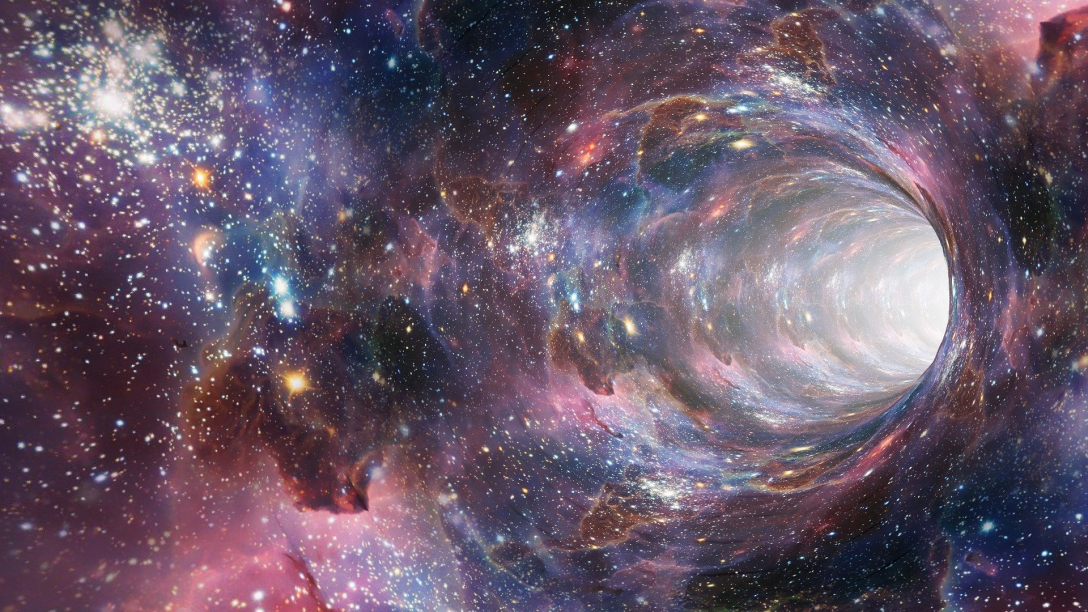Astronomers are stunned: new data about the universe's mysterious force is reshaping our understanding of space.
Over the past year, astronomers have made several discoveries that alter our understanding of one of the most enigmatic components of the universe – dark energy. Scientists have hinted that this force, responsible for the accelerated expansion of the universe, changes over time, reports Space.
Dark energy poses a significant challenge for researchers. First detected nearly 30 years ago, this mysterious force driving the accelerated expansion of the cosmos remains elusive. It is believed that dark energy emerged after the cosmic inflation period, which was the initial expansion of the universe shortly after the Big Bang.
While astronomers did not solve the dark energy mystery in 2024, meaning they still have not determined its exact nature, new data have pointed the way toward understanding this enigma. One of the key discoveries related to dark energy was made using the DESI instrument, installed on the telescope at the Kitt Peak National Observatory in the USA.
With this device, astronomers measured changes in the wavelengths of light from distant galaxies as they move away from us during the expansion of the cosmos. Scientists received a hint that dark energy changes over time and becomes weaker.
This discovery is of immense importance for understanding the evolution of the universe. In the standard cosmological model of the universe's evolution, known as the Lambda-CDM model, dark energy is represented as a cosmological constant, denoted by the Greek letter lambda. According to the model, dark energy is constant and does not change over time. However, the data suggest that dark energy evolves and weakens over time.

This finding has come as a shock to astronomers, as it necessitates a reevaluation of the standard cosmological model. It turns out that dark energy is not a cosmological constant but may be dynamic.
This idea has existed since the discovery of dark energy and suggests that there was an early form of dark energy. It is proposed that during the first 4-5 billion years, it was responsible for the universe's expansion, rather than the dark energy that scientists observe today. In other words, the accelerated expansion of the cosmos, which began about 9 billion years ago, did not arise from nothing. New data support this idea of dynamic and changing dark energy.
However, to alter the standard cosmological model, even more data about dark energy is needed. Specifically, by spring 2025, astronomers will obtain a new dataset from the DESI instrument, which could either confirm or refute the previously obtained results.
Regardless, scientists have learned more about the mysterious force of the universe, and perhaps this year, its secrets will be fully unveiled.